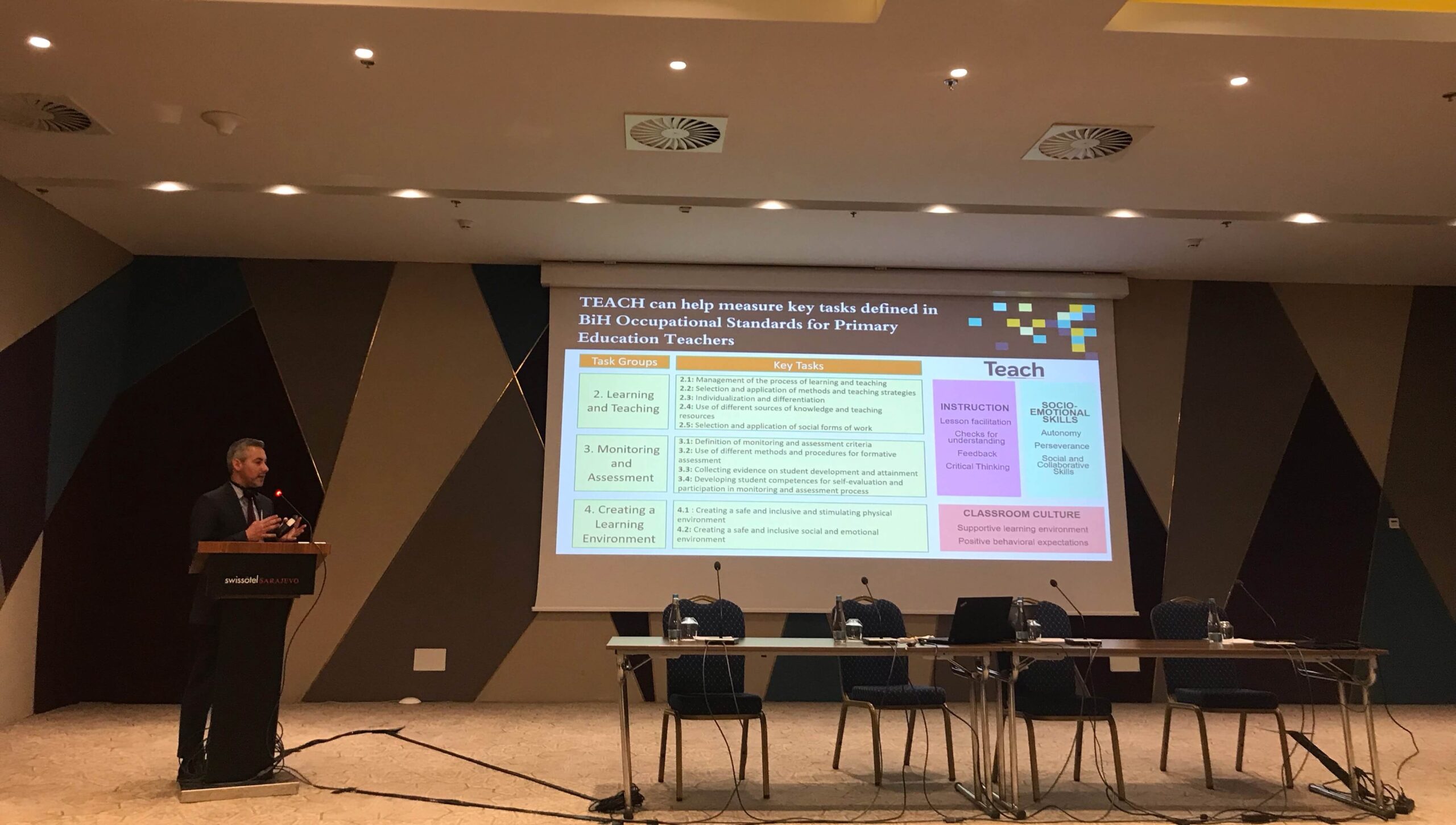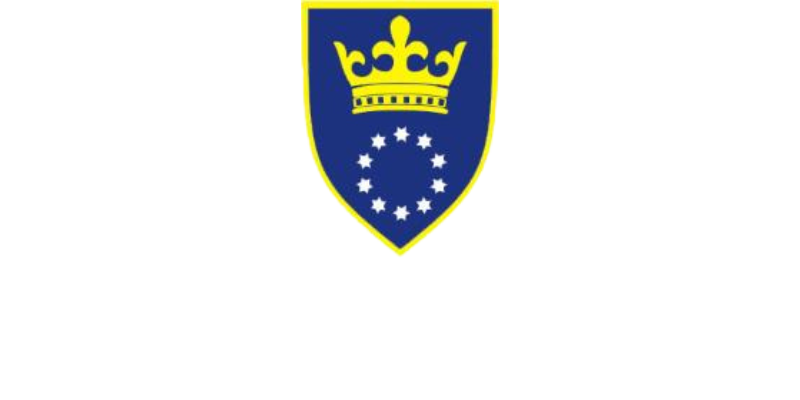In the past two years, the Zenica Pedagogical Institute and the Ministry of Education, Science, Culture and Sports of the Zenica-Doboj Canton participated in the implementation of project activities in cooperation with the World Bank – Office for Bosnia and Herzegovina and the consultancy firm proMENTE social research from Sarajevo. We are working on a technical assistance project entitled “Support for public sector reforms in Bosnia and Herzegovina (BiH)”, which was implemented with the financial support of the European Commission in the period from January 2018 to April 2023 and supported the efforts of the Council of Ministers of Bosnia and Herzegovina, the Government of the Federation of Bosnia and Herzegovina and the Government of Republika Srpska aimed at strengthening the performance of the public sector and improving the quality of services they provide to their citizens. On March 23, 2023, representatives of governments, civil society, the business community, and development partners in Bosnia and Herzegovina were presented with analytical reports prepared within the framework of the project, as well as the main findings and proposals for reform measures related to the recently prepared drafts: analysis of the impact of employment practices in public sector on the labor market in BiH, analysis of teaching practices in primary education in Zenica-Doboj, West Herzegovina, Una-Sana, Tuzla and Sarajevo Cantons, and notes on policies related to strengthening public sector institutions in order to accelerate European integration. For representatives of educational authorities, the project line related to the analysis of data collected using the TEACH primary tool for classroom observations is particularly significant.
Those present were addressed by Christopher Sheldon, Head of the World Bank Office for BiH and Montenegro, and Karel Lizerot, Head of the Operations Section for Justice, Internal Affairs and Public Administration Reform, EU Delegation to BiH, Zuhra Osmanović-Pašić, Senior Management Specialist, Project Team Coordinator, who spoke about the goals and results of the project, and James Gresham Education Specialist from the World Bank. Educational professionals and experts in the field of education discussed the effects of using the TEACH primary observation tool in classrooms for the purpose of improving teaching practices aimed at developing students’ cognitive and socio-emotional skills, which evaluates the time the teacher devotes to learning and how effectively students do the task, the quality teaching practices that help students develop socioemotional and cognitive skills, and other aspects of the learning environment such as the accessibility of the physical environment, including available materials and the way the classroom is set up. Observation of teaching practices using the TEACH primary tool was realized in 15 primary schools in the area of Zenica-Doboj Canton (75 teaching hours).
When it comes to the TEACH primary tool for observations in classrooms, it is important to note that in 2022, the Zenica Pedagogical Institute, in cooperation with proMENTE social research from Sarajevo, participated in the recording of 20 lessons in primary schools in the area of the Zenica-Doboj Canton, which were included in the database of World Bank materials, which serve for the training of observers for the application of the TEACH primary tool. In 2022, employees of the Zenica Pedagogical Institute participated in a five-day TEACH Primary training for representatives of the education sector from the Zenica-Doboj, West-Herzegovina, Tuzla, and Una-Sana cantons. After the training, five employees of the Zenica Pedagogical Institute acquired the status of certified TEACH primary observers.
In front of the Zenica Pedagogical Institute, the meeting was attended by Aida Salkić, director of the Zenica Pedagogical Institute, Fehim Terzić and Aldijana Nuhanović, expert advisors for the field of education at the Zenica Pedagogical Institute.


